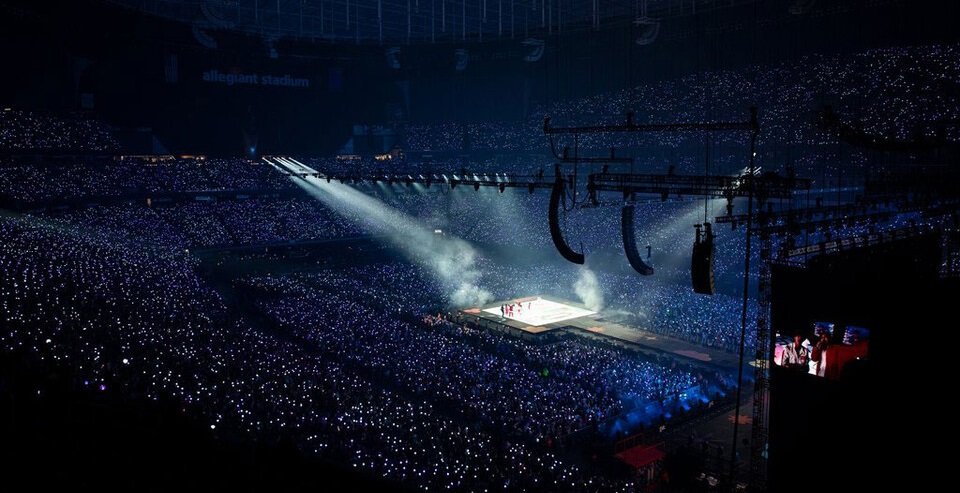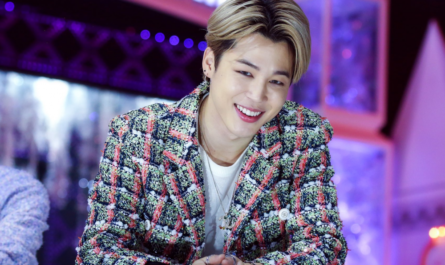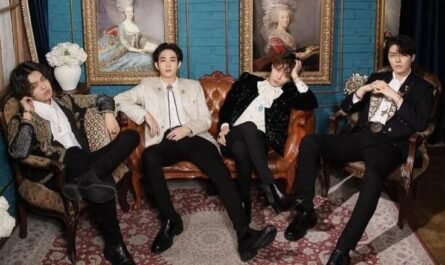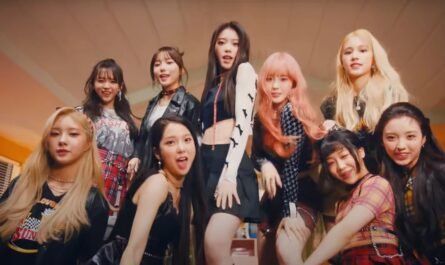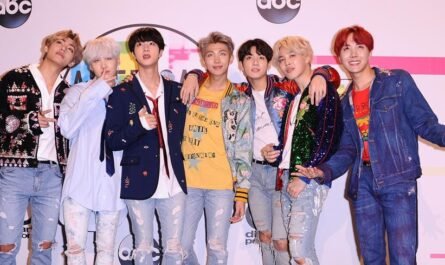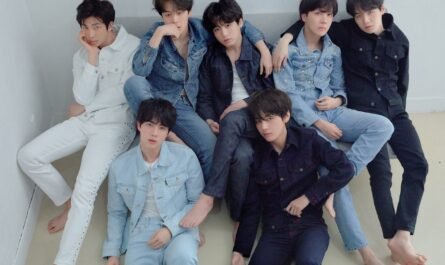SM and Hive trying to take over SM have something in common. This is the concept of ‘worldview.’ If SM radically presented the worldview concept through EXO and Aespa, BTS could not be separated from the BU worldview (BTS Universe).
This is known to have played a significant role in building a partnership between the global fandoms of BTS and ARMY. However, in K-pop, the worldview has more meaning than the planning line of individual companies and groups. If you don’t hide your desire to speak hastily, the introduction of the worldview is like a turning point in the history of K-pop.
In the cultural context, the worldview is a set of components that make up the independent world of work. There are settings related to the character’s background and story. K-pop is an industry in which real idols are the protagonists without an organized narrative. It had to borrow the style and customs of established narrative media to introduce a worldview.
Suppose SM’s SMCU builds a setting by borrowing the forms of mania culture, such as the fantasy genre and hero movies, and borrows the infrastructure of an artificial environment narrative, such as the Marvel Universe, to build a worldview that connects its idols. In that case, Hive is BTS’ ‘school.’
Trilogy’ and ‘Youth Trilogy’ went in the direction of borrowing a realistic drama that touches the reality of young people at the same time. With this difference, if the former maximizes the fandom’s otaku participation in interpreting the vast worldview elements like ‘Exo Studies,’ the latter leads to edifying slogans for reality like ‘Love Your Self’ and emotional connection with the fandom. It maximizes the relationship.
EXO and BTS are prime examples. Other than that, groups such as BAP, Dream Catcher, and Ghost Nine introduced a unique worldview. Even if it doesn’t necessarily reach a complete worldview, it has become common in K-pop to incorporate ‘components of an independent world’ into lyrics and music videos.
The worldview here refers to encompassing these phenomena. In a larger frame, K-pop’s worldview can be seen from the perspective of ‘rice cake’ provided for the fandom to make noise and immerse themselves in creating its issues.
The worldview gave K-pop two significant gifts. One is the narration of idol activities. Most entertainers, not just idols, leave a narrative trajectory in a certain direction in reality through their work careers and issues outside of their works.
The worldview is a framework that completes, complements, or composes separately in the form of a story that is easy to immerse. Also, the worldview makes idols and fandoms a community. A narrative origin and content are given to models’ activities, and an everyday world awareness that binds the fandom is provided. The worldview is the feeling that the fandom and the standard live in the same space, time, and story, and the foundation that creates the ‘reality’ of you and me. This has the effect of rallying and nurturing the core fandom.
However, I want to point out that the fundamental shift is the ‘textification of idols.’ Before the introduction of the worldview, idols displayed images in front of the camera, such as on stage, broadcasting, and in pictorials. They were accepted as fragmentary or linear concepts in individual albums and active songs.
The worldview provided ‘thickness’ to K-pop, consumed by being immersed in the ‘surface’ of images and concepts and pouring out attachment feelings. Several layers of narrative texture are overlaid on idols. As the idol’s overall activities are systematized and integrated through various settings, it has become a ‘rice cake,’ a text that can be continuously dug into.
In other words, the ‘meaning’ behind the idols on display was presented, and a culture of connecting and interpreting song lyrics, music videos, and worldview elements and matching opinions was derived. Official narratives and character settings are given, and secondary creations such as fan art, fan fiction, and editing/interpretation videos citing him have also exploded.
The worldview is a concept that has had an indispensable impact on the transformation of K-pop’s personality, and I am looking at that influence through the relationship between fandom and idols. In the following article, I will continue the discussion on the worldview, take a closer look at the identity of K-pop fandom, and talk about the ‘birth of K-pop otaku.’

